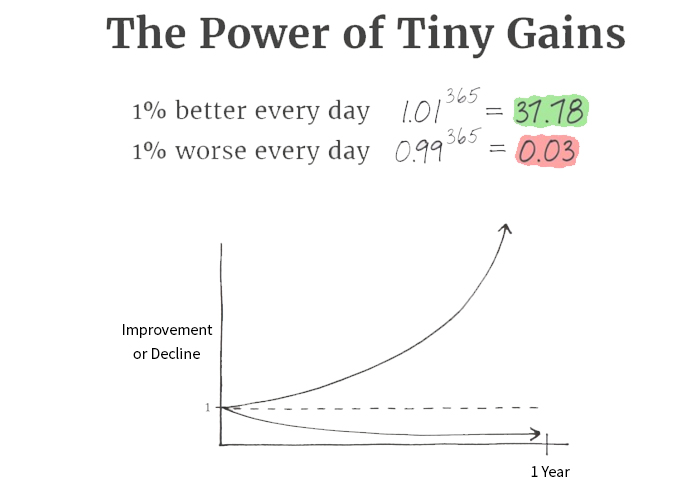
The employer should learn how to manage a team. Even if he intends to employ at least one employee, he should remember that he will form a team with him. Although, employees and employer at first glance have conflicting goals. However, this is not exactly the case. Good team management is about finding, showing and realizing a common goal to employees.
1. How to manage a team well and be a leader

It is the boss who is largely responsible for the atmosphere at work. According to many studies, it is a decisive element in the involvement of employees during their duties. Both authoritarianism and excessive submission do not work in being a boss. When it comes to team management, it is important to develop a leadership position in a company that combines various features.
A leader is a person who:
- can find common goals, this motivates others to work and gains benefits on its own;
- is respectful and recognized as someone who can handle any situation;
- derives pleasure from his work and is able to infect others;
- is able to discover the potential of another person, and this benefits both the company and the employee himself, who begins to believe in himself and feels fulfilled;
- is determined;
- controls emotions;
- can see flaws – both his own and the organization’s;
- he knows that to achieve success he must work with others.
A strong leadership position affects the involvement of others in work. In a way, employees want to be like the leader. They have a goal they are striving for. However, employers should not confuse management with leadership. Although that doesn’t mean they shouldn’t have leadership qualities.
The leader looks to the future, defines the company’s vision and long-term goals. However, he must be able to transfer them to current activities. Because employees have their goal further on schedule, the less they believe in it. For them, short-term perspectives are important, which will allow them to see the effect of their work quickly. So how do you influence employees to be willing to act?
2. Good team management motivates employees
A leader is required to have a flexible approach to team management depending on the specific situation and employee maturity. An important skill of the person at the head of a given group is the separation and delegation of duties. This is one of the motivational processes.
Well-separated tasks allow employees to demonstrate themselves, and also help them grow. However, the leader should be able to assess the performance of tasks and pay attention to the details that will allow to get to know the employee and his potential better, and then use the information obtained in the next division of responsibilities into individual employees.
Motivating employees may also involve changing their employee responsibilities. Firstly, it reduces the monotony of work, which can reduce efficiency, and secondly it promotes employee development. And let’s not forget that employee development is also business development. This motivating system is only suitable for a specific group of people.
It depends on the person’s character whether he is focused on developing his skills or prefers a permanent job and is afraid of change. In the case of such an employee, new tasks can make him discouraged from daily work. It is leaders responsibility to ensure that employees are aligned to daily work and make progressive advancements.

3. Errors that cause a loss of trust in employee

Effective team management is possible only if the boss is trusted by his employees. Loss of trust reduces the commitment to work and loss of authority in the eyes of colleagues. So let’s get to know the mistakes you should avoid in dealing with employees:
- failure to keep promises and this is not only about financial promises but also other things such as equipment for an employee improving computer work;
- frequent changes of decisions – they affect employee frustration and cause unnecessary chaos and make the employee lose sight of the goal;
- no specific goals – if we do not know what the goal is, we cannot explain the sense of work to others. If the employee does not know the purpose, his involvement in the work is reduced;
- unequal treatment – leads to the creation of employee subgroups, those “liked” and those “disliked” which does not affect work efficiency well;
- non-uniform treatment also reduces confidence. Putting everything on one person is easy to get burned;
- reminders issued on the team forum cause great embarrassment both to the admonished employee and colleagues;
- entering into discussions with employees about other employees’ topics is badly perceived and also leads to a decrease in confidence in the company.
Team management is not a simple matter. Requires experience and continuous improvement. A desirable feature is self-control and the ability to decipher people. It is worth noting that team management does not only apply to large companies employing large numbers of employees. People management skills are also useful in small companies with only a few employees.
Author Bio: Agnes Devil from Zoe Talent Solutions is passionate about content writing. She has created online courses and is passionate about management skills.







